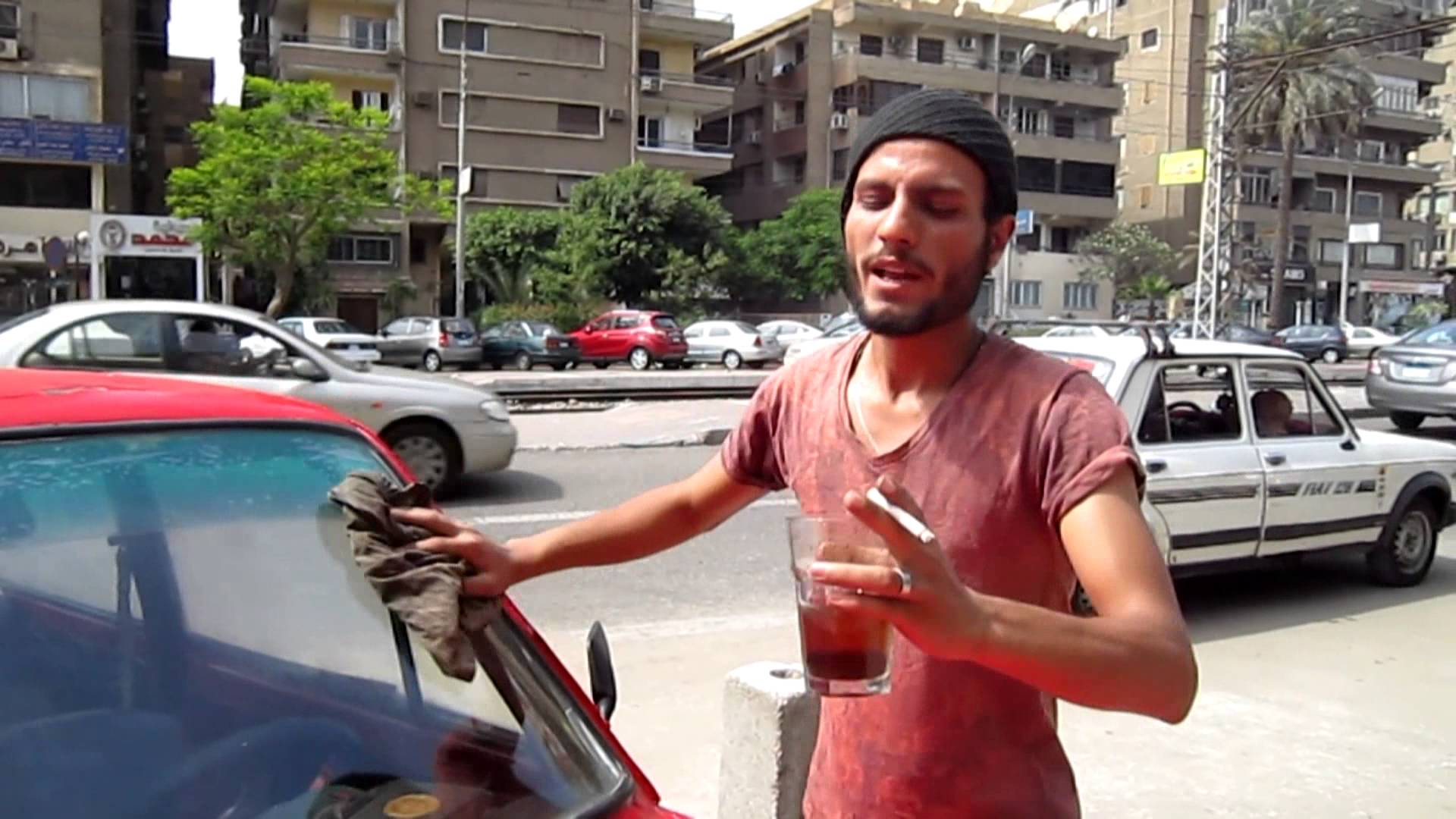A rare sight — I’m driving in Cairo on a busy Thursday night. As I approach the crowded streets in El Korba, an area in the East of the capital, my adrenaline rush begins and I start panicking; this is the part I always dread. It is not the cars honking behind me or the time spent looking for a parking spot, it is the stranger who will take it upon himself to be responsible to help me park — the ‘sayes’. I admit, I’m usually slow in parking my car, but that is only because I’m extra cautious. As the cars begin to impatiently honk, and the ‘sayes’ starts instructing me on what to do, I decide to close the car windows and act like there’s no one around, until I can finally move the gear to P, and breathe. In Egypt, the ‘sayes’ is usually a man who helps car owners park their cars by finding a parking spot for them. It is also completely common to see that this individual has reserved certain public spots as his own, for his endeavor. If one is to park, then…



